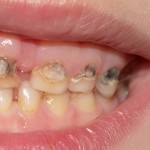
Today is the beginning of #16DaysOfActivism2024 for No Violence against Women and Children. To mark the occasion we have a blog from Vishal Bhavsar exploring the effectiveness of interventions for perpetrators of intimate partner violence.
[read the full story...]





